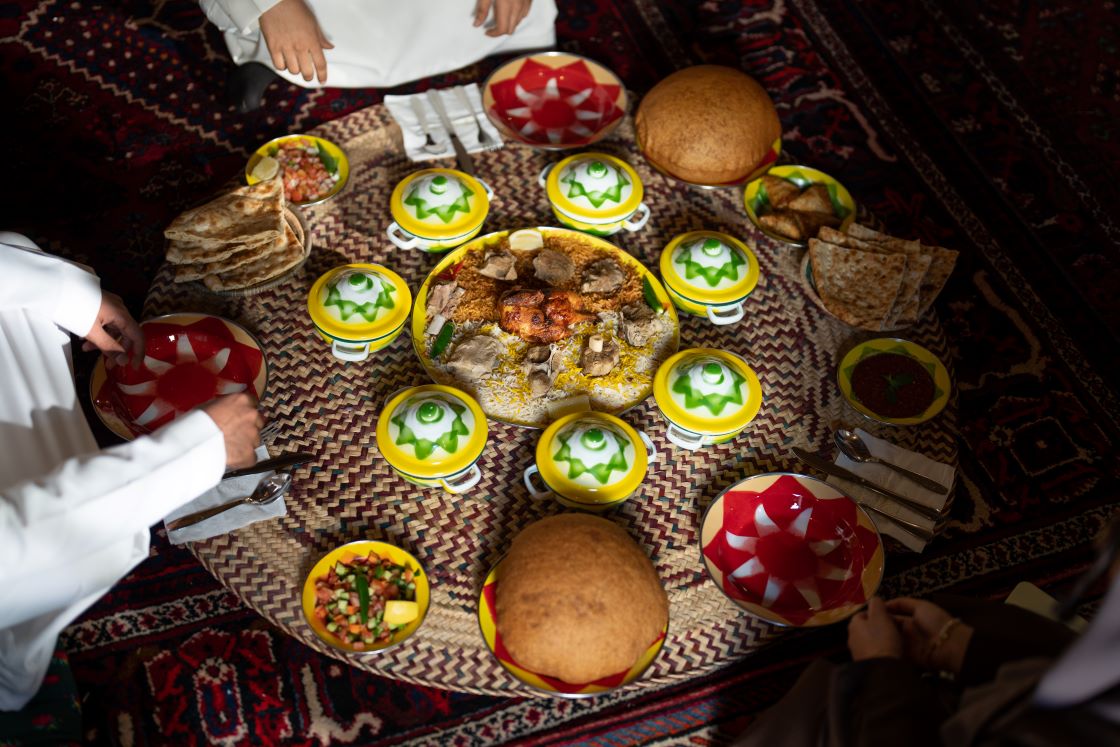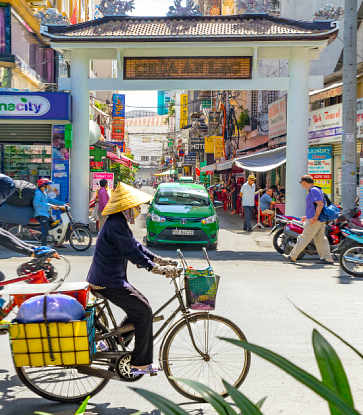At Vietnam’s food frontier, we check out some young entrepreneurs and artisans who are changing the world’s perception of this Southeast Asian nation. Experience their wares and products right here in Singapore at SPRMRKT Vietnam, a three-month long event which runs until 20 March 2018 that will showcase present-day Vietnamese culture through a series of workshops, exhibitions, dining and retail selections.

Chocolate
While cocoa is native to Central America, the Spanish conquest of the region introduced this exotic tropical product to Europe where it became a highly sought-after commodity. It wasn’t long before colonial powers sought to increase its production, and began planting the trees in other colonies—including Vietnam. For years, Vietnamese cocoa bean farms supplied Western production centres; in the country itself, little of it was actually consumed.


In the spirit of using every part of the cocoa plant, Stone Hill also makes a whole range of cocoa-based products from scrubs and soaps to a cocoa cider made from the juice of pressed dried beans, some of which are available at SPRMRKT during its Vietnamese showcase.
Coffee
Just like chocolate, French colonists might have introduced coffee to Vietnam, but coffee culture in Vietnam is distinctly their own. Traditional Vietnamese coffee shops are a dime a dozen on the busy streets across the country, where you’ll find people leisurely enjoying their ca phe at all times of the day. Traditional Vietnamese drip coffee is made by adding ground coffee to a metal filter on top of a cup of condensed milk and letting hot water slowly drip through it. The resulting cup of coffee is drunk strong and sweet.


Beer
The beer culture in Vietnam starts with Bia Hoi—a local draft beer with 3 percent alcohol content that is brewed daily and delivered fresh to bia hoi stalls that litter the streets especially in Northern Vietnam. But in the recent years, tastes are changing as more craft beer breweries sprout up in Vietnam.

Sample these and more at SPRMRKT Vietnam.




















